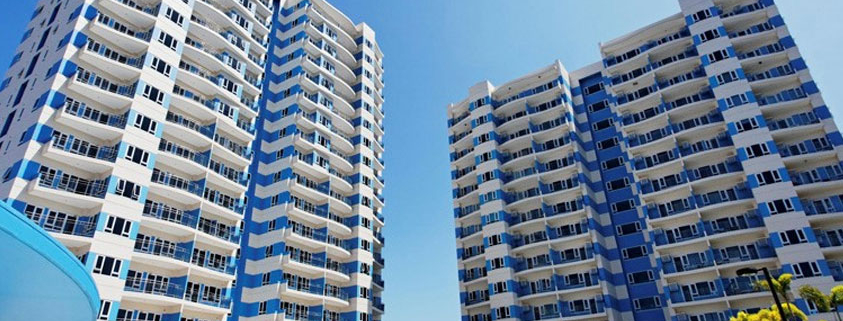Minimizing adverse effects of investor landlords
There has been a growing phenomenon in Southwest Florida of investor corporations, limited liability companies or trusts buying homes in neighborhoods and units in condominiums whose investor owners have no intention of ever living in the home or unit. They are looking for rental investment income. They want to just lease the units to whomever for a number of years and then sell the properties for a profit.
It is common knowledge that many tenants do not treat the use of the home, unit, or common areas as well as owners do. These tenants do not have personal investment in the homes or units that homeowners and unit owners do. Many such tenants will rent for a few months or a few year and then move on. They do not have the same incentive as owners to keep the places up.
In addition because of the transient nature of these type renters, many will violate the community’s rules such as having many loud parties, having many visitors at all times of day and night, leaving their things out on the common areas, rarely mowing the lawn or weeding the gardens, possessing unlawful pets or keeping unpermitted vehicles on property.
It can take a lot of the Association’s time and money to try to police such unruly tenants.
Most of the out of town, out of sight, investor purchasers pretty much can care less who they rent to or what their renters do as long as they get their monthly rent and the place does not burn down.
So, in order to minimize the adverse effects such investor purchasers and their unruly tenants cause, we have found that one of the best solutions is to have the owners amend the governing documents of the community to prohibit new owners (other than those who acquire title by inheritance) from leasing their home or unit for a period of time. Usually its twenty four (24) to thirty six (36) months from acquisition of the home or unit before the new owner can lease.
Such an amendment will take a membership vote to approve at a special meeting of the members and will require the approval percentage set forth in the Declaration of Covenants or Declaration of Condominium. It could be 3/4, 2/3 of all owners, or of those who vote at a members meeting, or a simple majority of the owners. You will have to check your Declaration to see what approval percentage of your owners would be required. Association Legal counsel can prepare the necessary documents for such a vote including a notice of meeting, proxy and propose amendments.
This may not stop all investor purchasers. However, the return on investment looks a lot bleaker if the new investor, who will not be living in the unit, will not be able to make any money (rent) on the home or unit for a few years after purchase.
Some realtors may claim that the sky is falling if you put in any limitations on new prospective purchasers. However, we have not seen any issues, in communities with such restrictions, from owners being able to sell their residences and we have seen no adverse effect on property values. If anything, such restrictions increase the property values. In addition, if you have too many rentals in your community, some traditional family purchasers may not be able to get a mortgage as many lenders have community rental caps.
As you can see, there is a way to slow down or stop faceless investors from taking over your neighborhood or condominium. We are seeing more of them year after year and if you put such new owner leasing prohibitions in your documents, there is a good chance potential investor purchaser will look instead down the street for a community that does not have such restrictions to purchase. This way your community can remain stable and harmonious with most homes or units being occupied by full time or snowbird single family owners.

